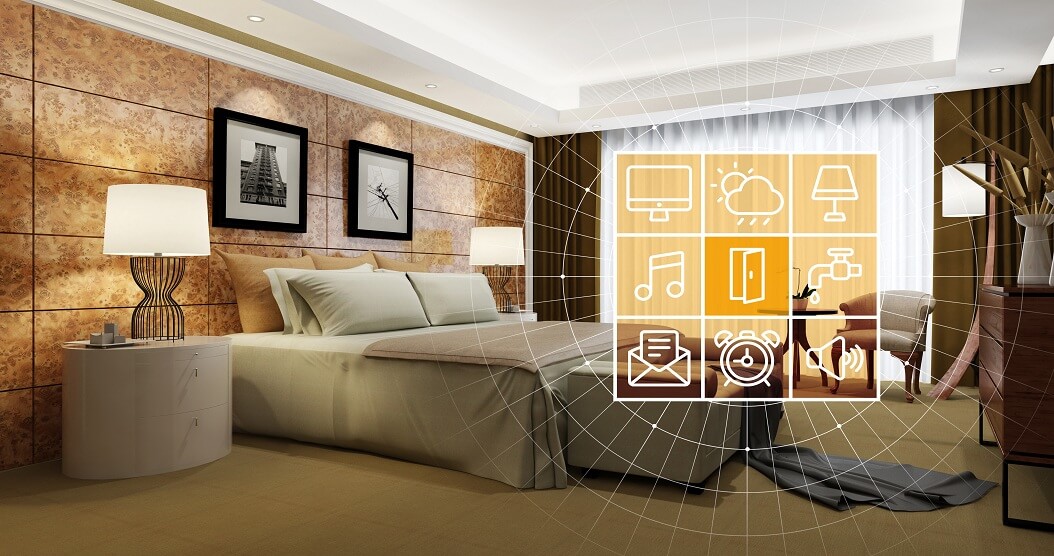The current pandemic has altered the social and business landscape. There is no doubt that new strategies ought to be implemented to improve health and sanitary conditions everywhere. The hospitality industry must follow suit in making immediate and necessary changes to guarantee the safety of their guests by designing hotels for the future.
Let's take a look at some of the ways the pandemic has shaped the future of hotels.
Workspaces
Several countries initiated national lockdowns to curb the spread of the coronavirus. However, the cost of shelter and food remained unwavering, which pushed companies and establishments to create virtual work platforms for employees to work within the comfort of their homes. Hotel owners should endeavor to incorporate workable spaces for occupants, which should be equipped with state-of-the-art technology for stress-free work activities.
Contactless Services
Studies have shown that the coronavirus can be spread through close contact from the carrier to an uninfected person. There has been an increasing trend in hotels offering contactless methods for their services like self-check-ins and keyless rooms. While this method would have seemed impossible fifty years ago, recent technology has developed to enable control via the occupant's smartphone or other mediums like facial recognition, automatic doors, and gesture-controlled switches. Contactless services are in the guests' best interest to abide by the social distancing rules and avoid strangers.
Improved Sanitary Conditions
Cleanliness is of utmost importance now more than ever because of the pandemic. The best way to help control the spread of the virus is through regular sanitary activities like hand washing. Sanitizers should become a permanent fixture in your hotel and be made available to all guests and at all times. Beddings, floors, robes, towels, chairs, and remotes should be disinfected frequently to avoid storage and transfer of germs between guests. Sanitary techniques should be put in place from the common areas to the bedrooms.
Guests may be unsure about using spas and pools in hotels. However, there has been no evidence to show that the virus can be spread through pool water. Also, chlorine in pools and disinfectants in spa water will significantly reduce the ability of the virus to live, making it safer than most interactions between hotel guests.
Wider Entrances
Large spaces for movement are safe options for designing hotels for future purposes because it enables social distancing and minimal contact between guests. A wide entrance or passage is a significant step towards curbing the spread of bacteria and viruses.
Interior Design
The materials used to make furniture and fixtures like carpets, countertops, sofas, and pillows must be durable to withstand frequent cleaning. Stone or porcelain floors can be switched to vinyl tiles because the latter responds well to cleaning materials better than the former. Also, it is advisable to change cotton and woven fabrics to silk or synthetic textiles for the same reason.
Buffet Service
Cross-contamination is easy through food or beverages. Hotel owners are advised to look into the buffet service for their guests when planning for the future. One solution is to have hotel staff serve and even the option of having food brought to the table after selection. Serving utensils and other high-touch items will have to be changed frequently.
For answers to questions about hotel redesign, contact Nikki Fox atÂ
Parkwest General Contractors atÂ
Nikki@ParkwestCG.com. Our experienced team is ready to guide you toward an innovative hotel construction project.


